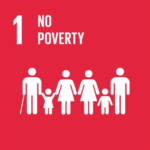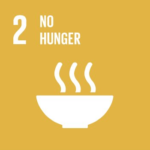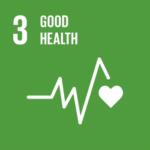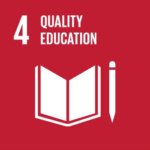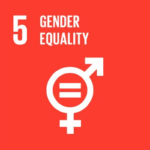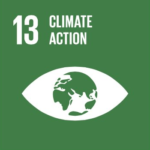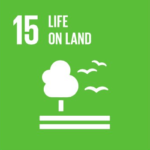ENVIRONMENT | EDUCATION | EMPOWERMENT
Education, and a raft of supportive measures have made an immeasurable difference to the communities we work with in Boré. To help reverse the negative deforestation trend in Kenya, our goal is to work with many communities to help them understand the importance of forests and local wildlife.
Through local teachers and NGO’s we help to explain how our ecosystems are influenced by negative human behaviour and how communities can help end deforestation while learning to become more resilient to the effects of climate change. In turn helping the wider global community.
The classrooms we facilitate serve young students well during the day and can also serve the wider community outside school hours. There have been improved school attendance and new registrations plus higher education attainment rates due to improved attention in class.
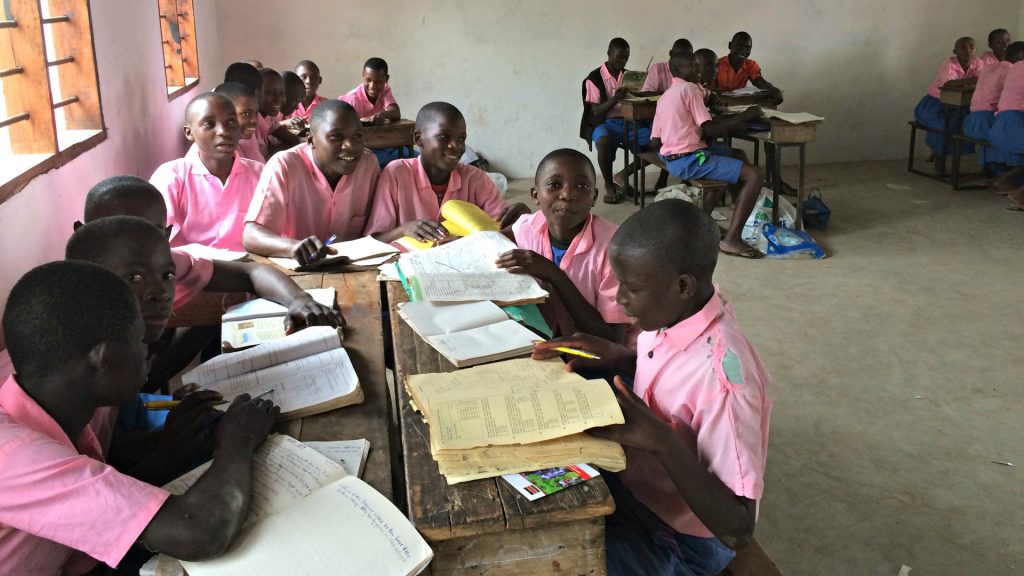
Students are also signed up to the Wildlife Clubs of Kenya, a Kenyan NGO who are dedicated to educating the younger generation on environmental conservation, who happily drive mobile teaching units to the remotest of schools. As an example, over 600 students from Kundeni Primary (the first school we worked with) watched their first environmental documentary projected onto a bare wall, in absolute awe back.
Mothers of the Forest
On recognising that the women of the community had had little or no opportunity for education, a women’s empowerment group was founded called The Mothers of the Forest. The 40 members from Boré in Coast Province started to meet twice a month to share best practice for looking after the forest, pause a while from their heavy workload, share a good meal together. The meeting also included two hours tuition from a local teacher in Kiswahili, English, and Maths.
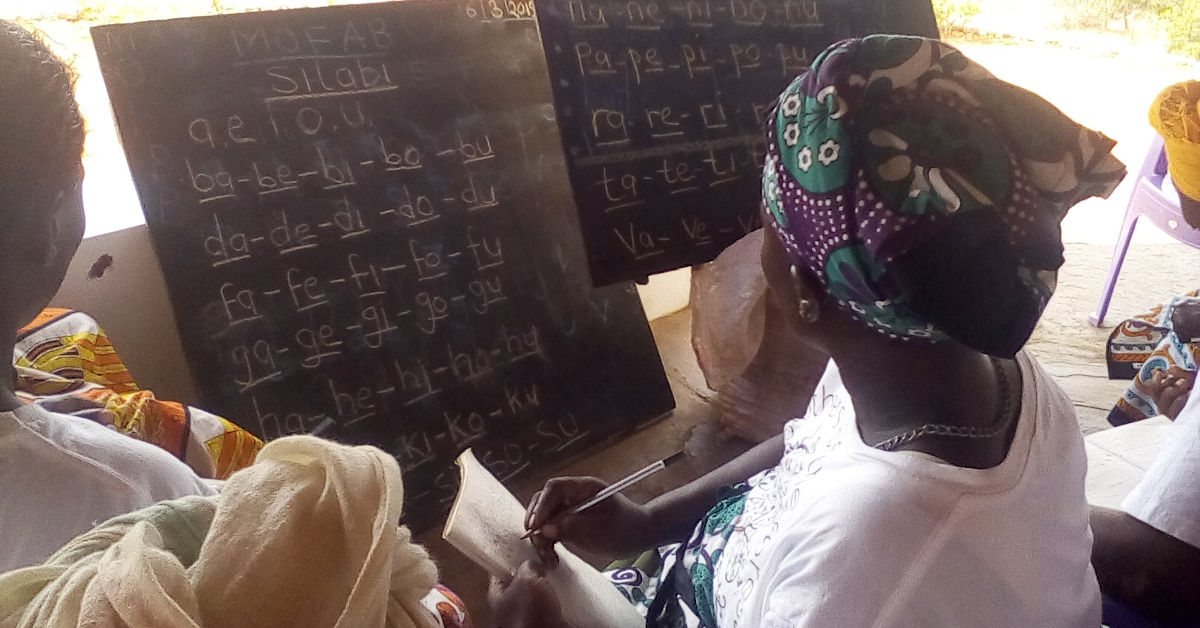
After the first year of Kiswahili, English, and Maths classes the inspiring women have taken their first ever exams and passed with flying colours. The net result is they’re able to really lift themselves out of poverty. From being able to work out simple sums to sell the excess abundance from the new forests and writing signs for what they’re selling, to reading the road signs so they know where they are when travelling, these life skills have really empowered them.
Period Poverty
It was also found that the women were lacking in basic needs, such as sanitary pads, or underwear. This had a huge impact as girls and women of child bearing age found it difficult to leave the home or go to school once a month due to not having the basic products so easily available in the western world. After an evaluation visit they purchased two sewing machines for the community and ran workshops for the women on how to create their own reusable and washable sanitary towels. Not only are they more eco-friendly than disposables, they are far more practical and cost-effective.
Feedback from those that attended the workshops was incredibly positive, including:
‘I don’t need to worry about purchasing pads every month for my daughter and I.’
‘My grandchildren can use the money they would have used to buy pads for other things like soap.’
‘Made me well.’
Permaculture
To further the knowledge, and help with food insecurities The Word Forest Organisation arranged for two women from the Mothers of the Forest group to complete a 10 day Permaculture Design Course in Nairobi. They learned how Kenyan permaculture experts teach sustainable growing and resilience, in the tropics. Permaculture methods vary from country to country, although the core learning remains the same.
The women returned to create, with the help of other Mothers of the Forest members, a trial acre permaculture food forest. Working with organic methods, in association with the natural planet and its challenged seasons, it not only helps the earth to heal by mitigating climate change but it will also help the people of Boré to gain more food and water security.
The Word Forest Organisation has now facilitated a permaculture food forest at Kundeni School in Bore, and each new school it works with will also receive a permaculture food forest. All of the schools we support are located in deeply impoverished areas, where school meals are gratefully received but do not always happen. The food forests will be a constantly growing educational project for the students and teachers to gain life skills from too. They will certainly have an active, willing set of volunteers to take care of their food forest with a vested interest in making it thrive.
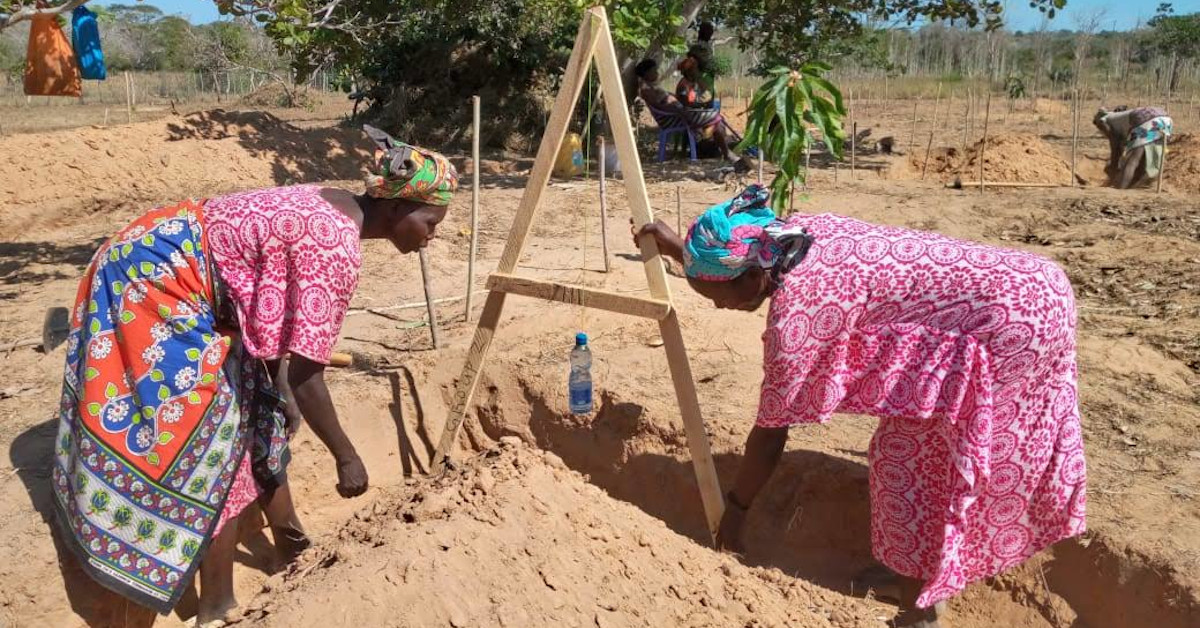
Interest in food forests has spread to other members of the community, and a series of kitchen gardens have been created under the help and tuition from members of the Mothers of The Forest who are eagerly sharing their knowledge.
In November 2020 Eva Jefa attended an Advanced Permaculture Design Course in Karabondi, and once time allows, Eva and her team will give onward training to the Mothers to boost their knowledge too. More courses have also been identified that would be extremely beneficial to their community. Having now begun their journey with education, the women are eager and excited to be taught new skills. We wish to create more Mothers of the Forest groups across Kenya, so in time these seeds of knowledge can be shared far and wide.
In the UK
It is just as important that people of all ages in the UK also receive environmental education. We have developed a series of free to access learning courses on everything from the importance of trees to the best ways to tackle eco-anxiety.
We also regularly take on interns from local secondary schools and via the Oxford University Summer Internship Scheme, Micro-Internship Scheme and Crankstart Scheme. These interns take on a range of tasks both in their specialist fields and in areas which they are yet to branch into, giving them a well rounded experience.
